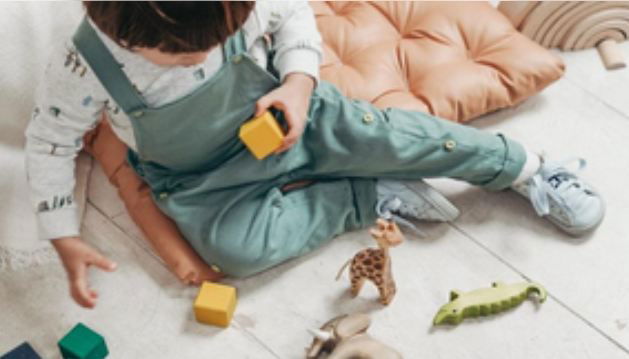Health
Arts and crafts a significant mental health booster, study finds

New Delhi, Aug 16
A new study on Friday showed that engaging in arts and crafts may be crucial in the fight against mental health problems suffered by millions of people globally.
The research found that participating in creative activities significantly enhances people's sense of life satisfaction, happiness, and the belief that life is worthwhile, suggesting that arts and crafts could play a key role in promoting public mental health.
Dr. Helen Keyes of Anglia Ruskin University in the UK, the lead author, highlighted the meaningful impact of crafting, noting that its positive effects on well-being were more significant than those of employment.
"Crafting provides a sense of achievement and a meaningful route to self-expression, which is not always the case with employment," she explained.
The study evaluated public engagement with cultural, digital, and sporting activities. The researchers controlled for variables such as gender, age, health, employment status, and deprivation levels to assess the general impact of creative arts on well-being.
Participants reported their levels of happiness, anxiety, life satisfaction, and whether they felt life was worthwhile.
They also noted their engagement with crafts over the past year, with 37.4 per cent confirming participation in at least one craft activity. Those involved in arts and crafts reported higher levels of happiness and life satisfaction, as well as a stronger sense that life is worthwhile, comparable to the benefits of being employed.
Despite these positive findings, the study did not find a link between crafting and reduced loneliness, potentially due to the solitary nature of some crafts. Dr. Keyes emphasised the potential for governments and health services to fund and promote crafting as part of a broader approach to enhancing public well-being.
However, the researchers cautioned that the study's correlational nature means more research is needed to establish causation. "The next step would be to carry out an experimental study to measure well-being before and after significant periods of crafting," Dr. Keyes added.



































